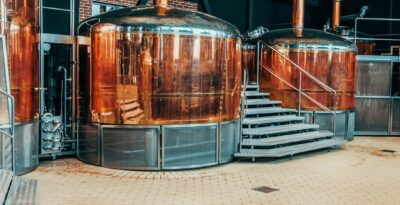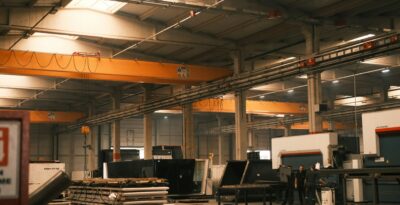
Required Maintenance
Maintenance Providers
The following Grease Haulers are currently in compliance with South Platte Renews requirements:
| All State Pumping | 303-944-0071 |
| Denver Sanitary Company | 303-295-0331 |
| Liquid Environmental Solutions | 303-936-4294 |
| McDonald Farms | 303-772-4577 |
For Grease Haulers, additional information is on our Grease Haulers page.
Best Practices
- Use drain screens
- Dispose of food waste in the trash
- Dry-wipe all cookware
- Use a waste grease bin
- Keep cleaning products away from drains
Plan Reviews
All new food service establishments, as well as those undergoing renovation, are required to send construction drawings of the facility to the appropriate sanitation district agency, including plumbing, plumbing fixtures, and details of the grease removal device. Your may find your sanitation district by typing in your address. South Platte Renew will review plans submitted to the City of Littleton and the City of Englewood to ensure compliance with the Fats, Oils, and Grease Policy. Plans will be reviewed to insure compliance with applicable rules and regulations.
Facility Inspections
South Platte Renew conducts periodic inspections of businesses within our service area to insure compliance with requirements, this includes assessing the use of best practices and inspecting grease removal devices.
Purposes Of The FOG Program
Restaurants and other food establishments (this includes sandwich shops, coffee shops, small take-out operations, smoothie shops, etc.) can produce fats, oils, and grease (FOG) through routine cooking and cleaning activities. FOG can clog sewer pipes, resulting in backups into the facility, damage to the collection lines, or sewage overflows in nearby areas. The purpose of South Platte Renews FOG program is to protect the sanitary sewer and our treatment system from potentially damaging wastes.
Contact Us
If you have any questions or concerns or would like to discuss this further, please contact the Industrial Pretreatment Department at SPRpretreatment@englewoodco.gov or complete the below contact form.



